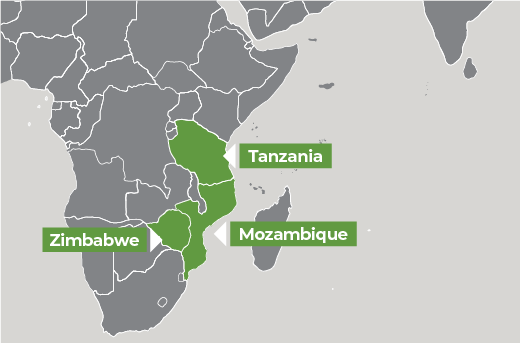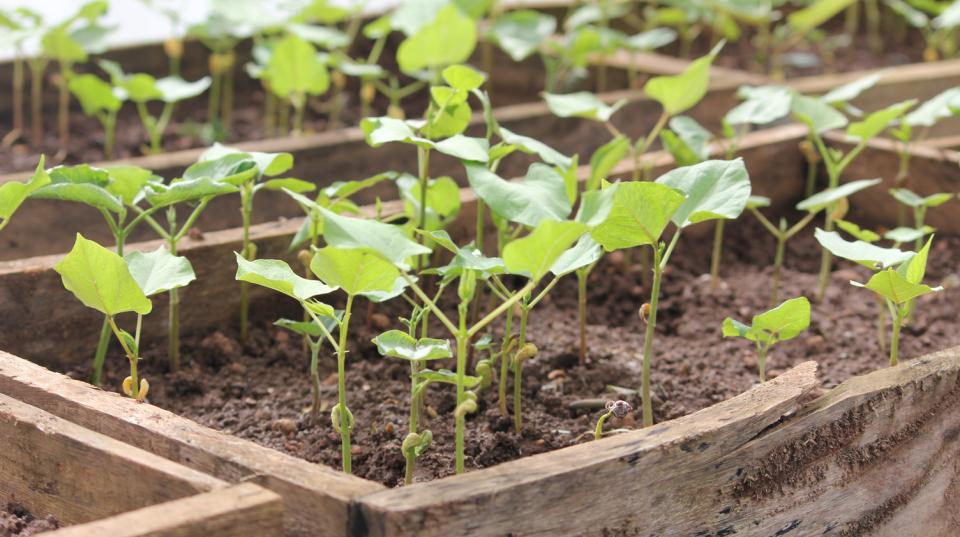Overview
This project aimed to contribute to the transformation of African agriculture by enabling small-scale farmers to participate in local and regional markets by increasing the availability and adoption of high-performing plant varieties that meet market demands.
Impactful plant breeding is a product development activity. African plant breeders and their teams were supported in their evolution towards "The Business of Plant Breeding". The research outcome is that plant breeders in Africa will adopt more demand-led approaches to plant breeding to respond to the preferences of farmers, consumers, and others along the value chain. The demand led breeding (DLB) project has been supported by an Alliance for Food Security, formed in 2014 by ACIAR and the Crawford Fund Australia, and the Syngenta Foundation for Sustainable Agriculture (SFSA), Switzerland. The project is managed by the University of Queensland, on behalf of three co-sponsors and the partners in Africa.
News on project activities and access to educational and technical resource materials can be found on the project website: demandledbreeding.org
Project outcomes
- Enabled plant breeders to develop more high-performing varieties that meet customer requirements and market demand.
- Built capacity within plant breeding programs on demand-led plant variety design.
- Provided evidence to support the development of new policies and investments in plant breeding that will generate more high-performing varieties to meet emerging market demands, with emphasis on Africa.






